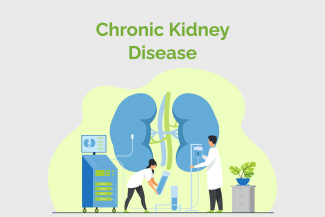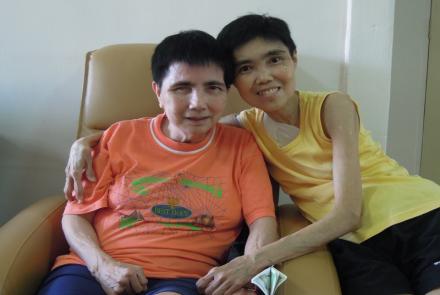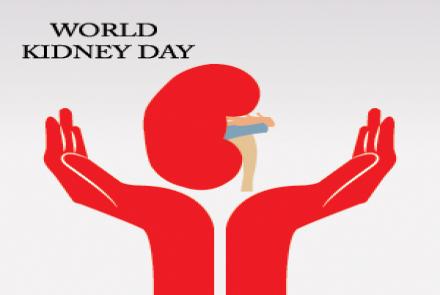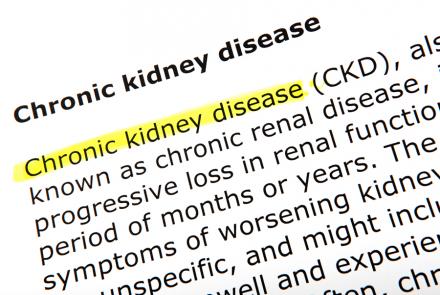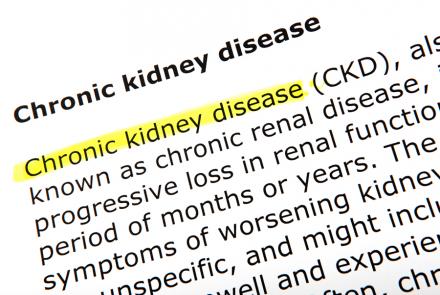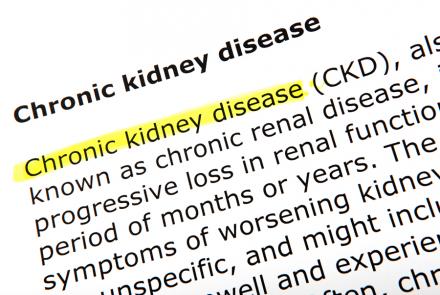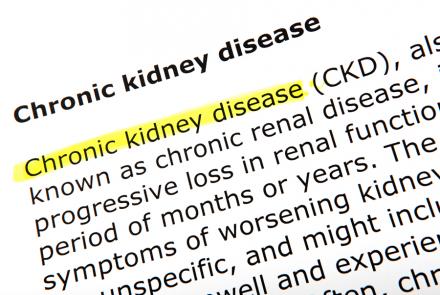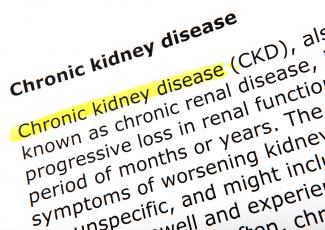
is a condition characterised by gradual loss of kidney function over a period of time (months to years). It is also known as Chronic Renal Disease. It is the work of the kidneys to remove waste products and excess fluids from the body through urine. They also balance the levels of salt, potassium and acid in the body.
If the kidneys don’t function adequately, wastes can build up in the blood, progressing to develop complications like high blood pressure, anaemia (low blood count), weak bones, poor nutritional health and nerve damage. Also, kidney disease increases the risk of having heart and blood vessel disease.
These problems may happen slowly over a long period of time. Early detection and treatment can keep chronic kidney disease from getting worse. If kidney disease progresses, it may lead to kidney failure, requiring dialysis or kidney transplant.
The Glomerular Filtration Rate (GFR) test diagnoses CKD and the stage of CKD. GFR in a normal kidney ranges from 90-120mL/min/1.73m2. Glomeruli are tiny filters in the kidney that filter waste products.
CKD is suspected if there is reduction in kidney function for more than 3 months with or without evidence of kidney damage and glomerular filtration rate (GFR) less than 60ml/min/1.73m2 is present for 3 months as evidenced by the following, irrespective of the underlying , or evidence of kidney damage with or without decreased GFR that
- Albuminuria (albumin protein in the urine)
- Haematuria (blood in the urine) after exclusion of urological causes
- Structural abnormalities
- Pathological abnormalities

